Table of Contents
Introduction:
In the fast-paced realm of technology, the ability to master the right coding languages can serve as a gateway to a multitude of opportunities. The tech industry is constantly evolving, with new programming languages emerging and existing ones undergoing significant transformations. As a developer, whether you’re a seasoned professional aiming to broaden your expertise or a novice eager to start your coding journey, it is crucial to understand the intricacies and nuances of each language.
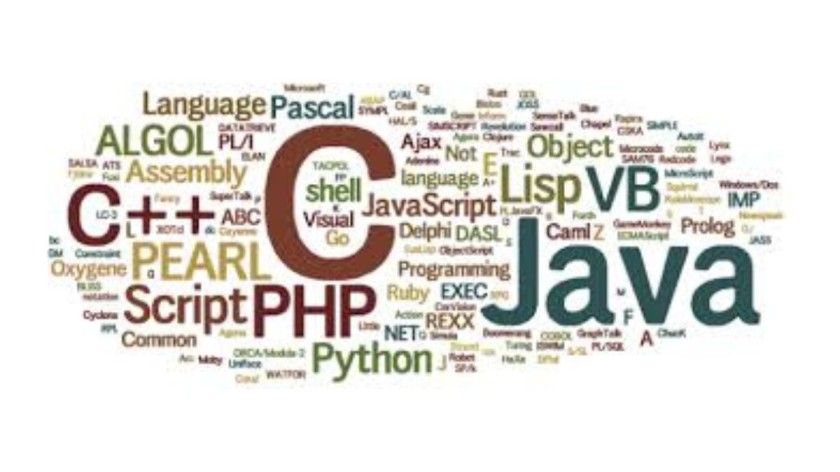
Mastering a programming language goes beyond simply knowing its syntax; it involves understanding its applications, strengths, and the specific problems it is designed to solve. The right language can make your projects more efficient, scalable, and maintainable, while the wrong choice can lead to increased complexity and wasted resources.
In this comprehensive guide, we’ll delve into the top 10 coding languages for developers in 2024. We will explore what makes each language unique, its specific features, and the contexts in which it excels. Additionally, we’ll discuss why these languages stand out in today’s competitive and ever-changing technological landscape. By the end of this guide, you’ll have a clearer understanding of which languages align best with your career goals and the demands of the industry.
List of Top 10 Coding Languages for Developers:
(1) Python: The Swiss Army Knife of Programming
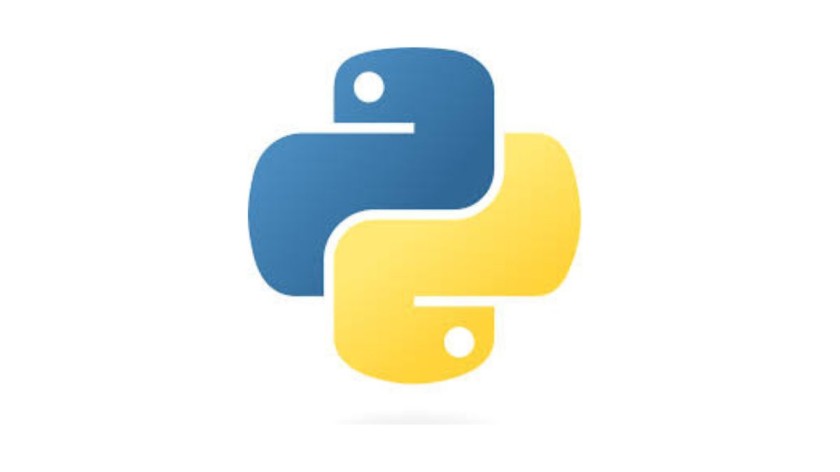
Python reigns supreme as one of the most versatile and widely adopted programming languages. Renowned for its simplicity and readability, Python is favored by developers across various domains, including web development, data science, artificial intelligence, and automation. Its extensive standard library and robust frameworks such as Django and Flask empower developers to create complex applications with ease.
Why Python?
- Ease of Learning: Python’s clear and concise syntax makes it accessible to beginners.
- Versatility: From web development to scientific computing, Python excels in diverse domains.
- Community and Ecosystem: A vibrant community and extensive library ecosystem ensure ample support and resources.
(2) JavaScript: Powering Dynamic Web Experiences
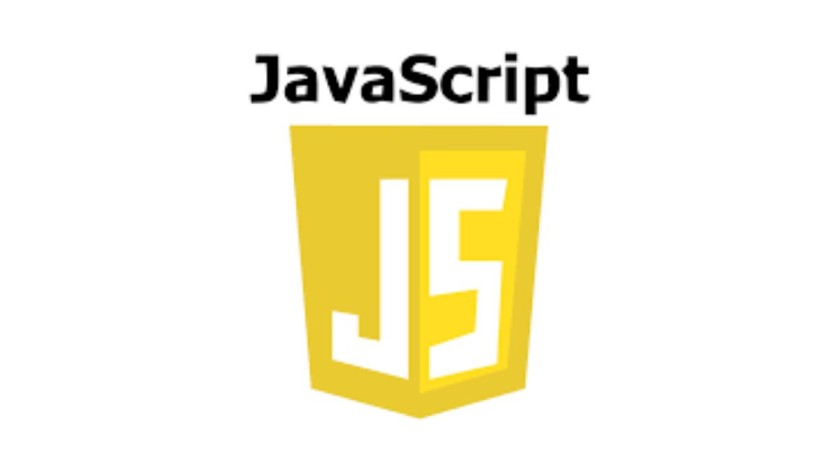
JavaScript remains the backbone of modern web development, enabling dynamic and interactive user experiences on the web. With the proliferation of front-end frameworks like React.js, Angular, and Vue.js, JavaScript’s relevance continues to soar. Additionally, Node.js allows developers to leverage JavaScript for server-side and back-end development, further expanding its utility.
Why JavaScript?
- Front-End Dominance: Essential for building interactive web interfaces and single-page applications.
- Back-End Potential: With Node.js, JavaScript powers server-side applications, fostering full-stack development.
- Rich Ecosystem: A vast array of libraries and frameworks cater to various development needs.
(3) Java: The Pillar of Enterprise Development
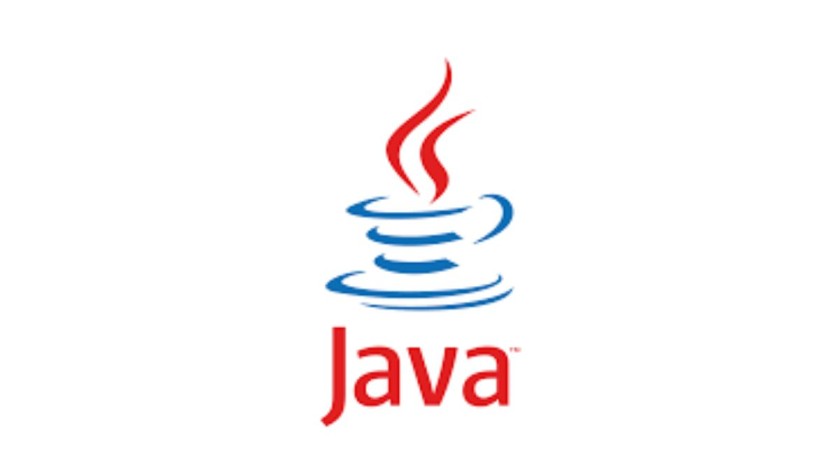
Java has long been a stalwart in the world of enterprise development, renowned for its platform independence, scalability, and reliability. With its extensive standard library and mature ecosystem, Java remains the go-to choice for building enterprise-grade applications, Android mobile apps, and large-scale systems.
Why Java?
- Platform Independence: Write once, run anywhere—Java’s “write once, run anywhere” mantra ensures portability across platforms.
- Scalability and Robustness: Java’s object-oriented nature and strong typing facilitate the development of scalable and robust applications.
- Community Support: A vast community and plethora of resources ensure continued support and innovation.
(4) C#: Unleashing the Power of .NET
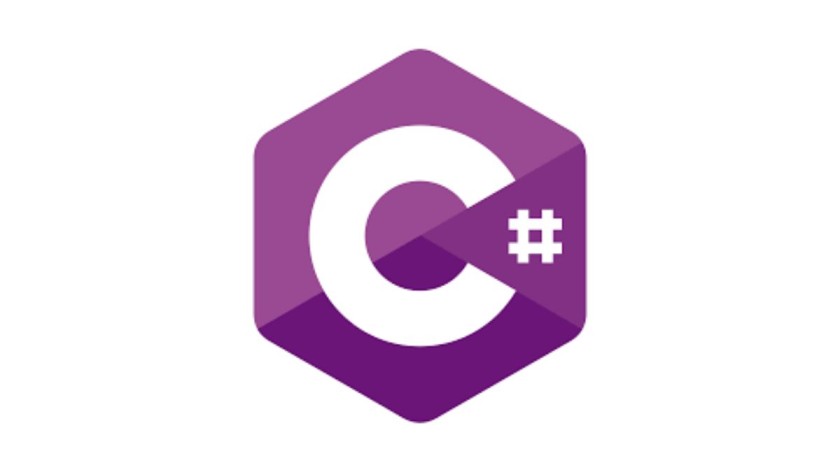
C# (pronounced C sharp) is a versatile programming language developed by Microsoft, primarily targeting the Windows ecosystem. With the advent of .NET Core, C# has expanded its reach to encompass cross-platform development, enabling developers to build applications for Windows, macOS, and Linux environments.
Why C#?
- Windows Development: Ideal for building desktop applications, games, and enterprise software on the Windows platform.
- Cross-Platform Capabilities: With .NET Core, C# facilitates cross-platform development, enhancing its versatility.
- Integration with .NET Framework: Seamless integration with the .NET ecosystem offers access to a wealth of libraries and tools.
(5) C++: Power and Performance in One Package
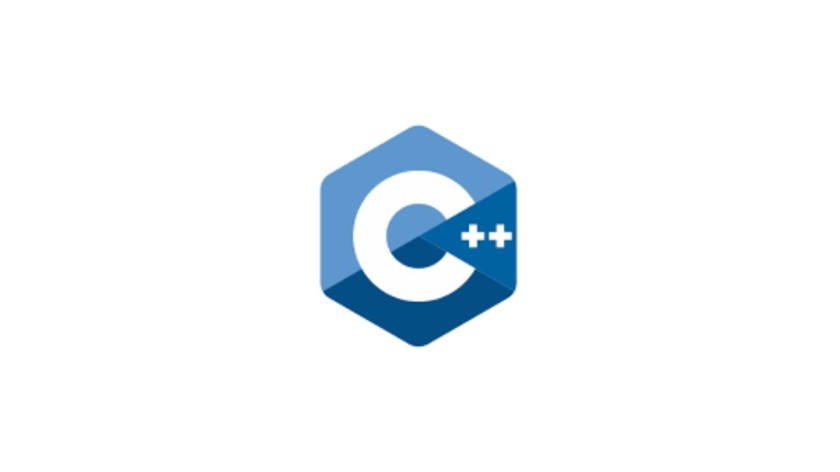
C++ remains a powerhouse in the realm of system-level programming, game development, and performance-critical applications. Known for its unparalleled performance and control over hardware resources, C++ is favored by developers seeking to squeeze every ounce of performance from their applications.
Why C++?
- Performance Optimization: C++ allows developers to fine-tune performance-critical applications for maximum efficiency.
- System-Level Programming: Ideal for developing operating systems, device drivers, and high-performance software.
- Game Development: C++ serves as the backbone of many game engines and AAA titles, owing to its speed and control.
(6) Ruby: Elegant and Productive Web Development

Ruby, with its elegant syntax and focus on developer happiness, has carved a niche for itself in the world of web development. Powered by the Ruby on Rails framework, Ruby enables developers to build robust and scalable web applications with unparalleled ease and speed.
Why Ruby?
- Developer-Friendly Syntax: Ruby’s intuitive and expressive syntax fosters developer productivity and happiness.
- Ruby on Rails: The Ruby on Rails framework provides a convention-over-configuration approach, streamlining web development.
- Community and Culture: The Ruby community emphasizes collaboration, creativity, and craftsmanship, fostering a supportive environment for developers.
(7) PHP: Powering the Web’s Backbone
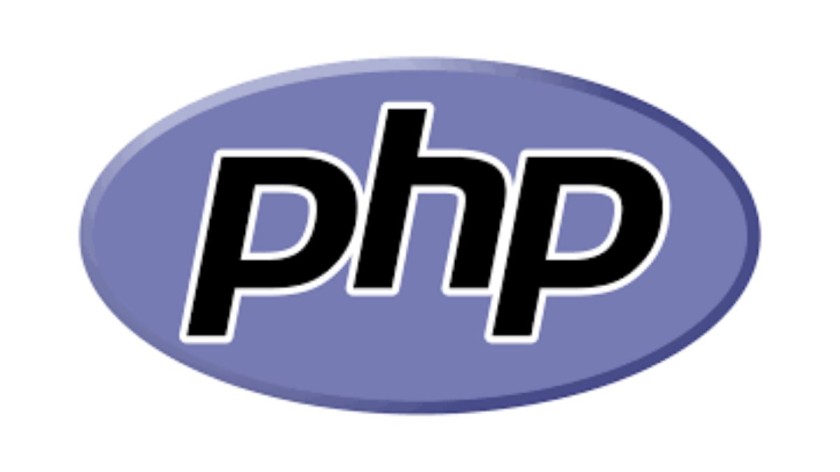
Despite facing criticism in some quarters, PHP remains a dominant force in web development, powering a significant portion of the internet’s infrastructure. With platforms like WordPress, Joomla, and Drupal relying on PHP, it continues to be a preferred choice for building dynamic and interactive websites.
Why PHP?
- Web Development Prowess: PHP excels in server-side scripting, facilitating the development of dynamic web pages and web applications.
- CMS Integration: Platforms like WordPress leverage PHP for content management, blogging, and e-commerce.
- Large Talent Pool: A vast community of PHP developers and abundant resources ensure robust support and scalability.
(8) Swift: Crafting Seamless iOS Experiences
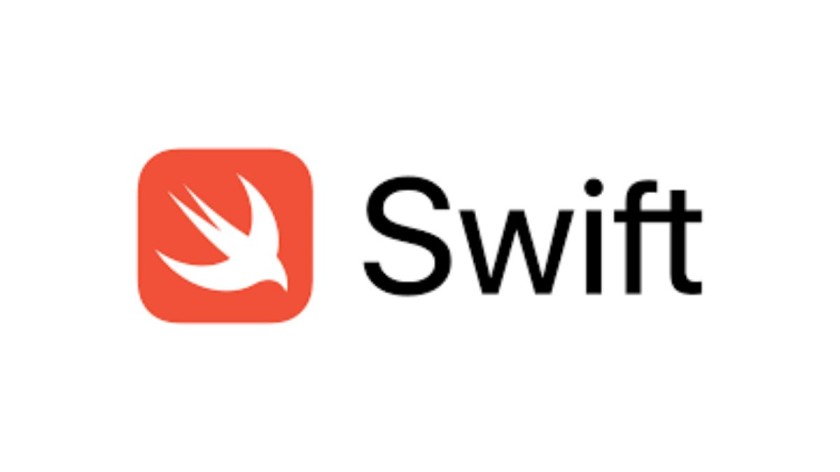
Swift, Apple’s modern programming language for iOS, macOS, watchOS, and tvOS development, embodies the principles of safety, performance, and expressiveness. With its concise syntax and powerful features, Swift empowers developers to create fluid and immersive experiences across Apple’s ecosystem.
Why Swift?
- Apple Ecosystem Integration: Swift seamlessly integrates with Apple’s frameworks and technologies, ensuring native performance and interoperability.
- Safety and Performance: Swift’s type safety and memory management features mitigate common programming errors and enhance performance.
- Future-Proofing: As Apple’s preferred language for iOS development, Swift offers longevity and relevance in the ever-evolving tech landscape.
(9) Kotlin: Elevating Android Development
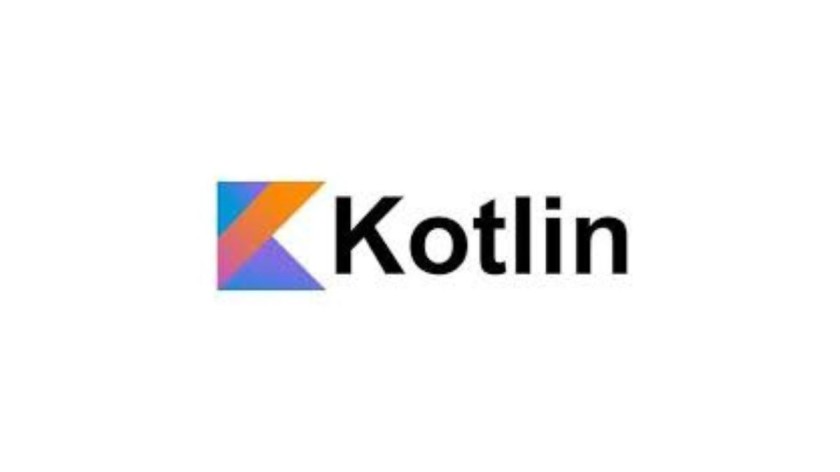
Kotlin, embraced by Google as a first-class language for Android development, offers a modern and pragmatic approach to mobile app development. With its concise syntax, null safety, and seamless interoperability with Java, Kotlin has quickly gained traction among Android developers worldwide.
Why Kotlin?
- Official Android Support: Google’s endorsement and integration of Kotlin as an official language for Android development validate its credibility and utility.
- Interoperability with Java: Kotlin seamlessly interoperates with existing Java codebases, facilitating a smooth transition for Android developers.
- Modern Language Features: Kotlin’s modern syntax, null safety, and functional programming capabilities enhance developer productivity and code quality.
(10) Go (Golang): Simplicity and Scalability
Go, developed by Google, is characterized by its simplicity, concurrency support, and efficiency—a perfect blend for building scalable and robust software systems. With its focus on simplicity and performance, Go is well-suited for cloud-native applications, microservices, and distributed systems.
Why Go (Golang)?
- Concurrent Programming: Go’s built-in support for concurrency and parallelism simplifies the development of highly concurrent applications.
- Efficiency and Performance: Go’s compiled nature and lightweight concurrency primitives ensure efficient resource utilization and high performance.
- Scalability: Go’s simplicity and ease of deployment make it ideal for building scalable and resilient systems.
Conclusion:
In the dynamic world of coding, the choice of programming language can significantly impact your development journey and career trajectory. Our exploration of the top 10 coding languages for developers in 2024 has highlighted the diverse landscape of options available, each with its unique strengths and applications.
From the versatility of Python to the performance prowess of C++, and the platform-specific advantages of languages like Swift and Kotlin, developers are spoilt for choice when it comes to selecting the right tool for the job. Whether you’re aiming to build web applications, delve into mobile app development, or explore the realms of artificial intelligence and data science, there’s a language tailored to your needs and aspirations.
As you embark on your coding journey or seek to expand your skill set, remember that mastering a programming language is not merely about learning its syntax and features but understanding its underlying principles and best practices. Embrace the learning process, stay curious, and don’t hesitate to explore new languages and technologies that pique your interest.
Ultimately, the journey to becoming a proficient developer is one of continual learning and growth. By staying abreast of industry trends, honing your coding skills, and contributing to the vibrant developer community, you’ll position yourself for success in the ever-evolving landscape of technology.
So, roll up your sleeves, fire up your favorite code editor, and embark on an exciting journey of discovery and innovation in the world of coding. Happy coding!
Read more-Computer Performance Testing Tools
Why is it important to know multiple programming languages?
Knowing multiple programming languages allows developers to choose the best tool for a given task, enhances problem-solving skills, and increases job opportunities. Different projects often require different languages, and versatility can make you more adaptable and competitive in the job market.
How do I choose which programming language to learn first?
Consider your career goals and the specific area of development you’re interested in. For beginners, Python is often recommended due to its simplicity and wide range of applications. If you’re interested in web development, JavaScript is essential. For mobile app development, Swift and Kotlin are top choices.
Is Python still relevant in 2024?
Absolutely. Python continues to be relevant due to its simplicity, readability, and versatility. It is extensively used in web development, data science, artificial intelligence, machine learning, and automation.
What makes JavaScript indispensable for web developers?
JavaScript is crucial for web development as it enables the creation of dynamic and interactive web pages. It’s the backbone of front-end development and, with Node.js, is also used for back-end development, allowing full-stack development with a single language.
Why is Java preferred for enterprise-level applications?
Java is preferred for enterprise-level applications because of its robustness, scalability, and platform independence. It has a mature ecosystem, strong performance, and extensive libraries that support complex and large-scale applications.
How does C# compare to other languages for cross-platform development?
With the introduction of .NET Core, C# has become a strong contender for cross-platform development. It allows developers to build applications that run on Windows, macOS, and Linux with high performance and extensive library support.
What are the advantages of learning C++?
C++ offers unparalleled performance and control over system resources, making it ideal for system-level programming, game development, and applications requiring real-time processing. Its ability to fine-tune performance-critical applications makes it a valuable language to learn.
Is PHP still a good choice for web development?
Yes, PHP remains a good choice for web development, especially for server-side scripting. It powers a significant portion of the web, including platforms like WordPress, and is supported by a large community and extensive documentation.
Why should I learn Swift for iOS development?
Swift is optimized for Apple’s ecosystem, providing safety, performance, and expressiveness. It’s the preferred language for iOS, macOS, watchOS, and tvOS development, ensuring your skills remain relevant for Apple platform development.
What makes Kotlin a strong choice for Android development?
Kotlin, supported by Google as an official language for Android development, offers modern features, null safety, and seamless interoperability with Java. Its concise syntax and robust toolset enhance productivity and code quality.
Why is Go (Golang) gaining popularity for cloud-native applications?
Go is known for its simplicity, efficiency, and strong support for concurrency, making it ideal for cloud-native applications, microservices, and distributed systems. Its lightweight concurrency primitives and efficient resource utilization contribute to its growing adoption in cloud environments.
How do these languages stand out in today’s competitive landscape?
Each language stands out due to its specific strengths and applications. For instance, Python’s versatility makes it a top choice for various domains, while JavaScript’s ubiquity in web development keeps it indispensable. Java’s reliability for enterprise solutions, Swift’s optimization for Apple devices, and Kotlin’s modern approach to Android development all highlight how these languages cater to specific industry needs and trends.
What resources can I use to learn these languages?
There are numerous resources available, including online courses (Coursera, Udemy, edX), coding boot camps, textbooks, and community forums (Stack Overflow, GitHub). Additionally, official documentation and tutorials from language maintainers provide in-depth and up-to-date information.

